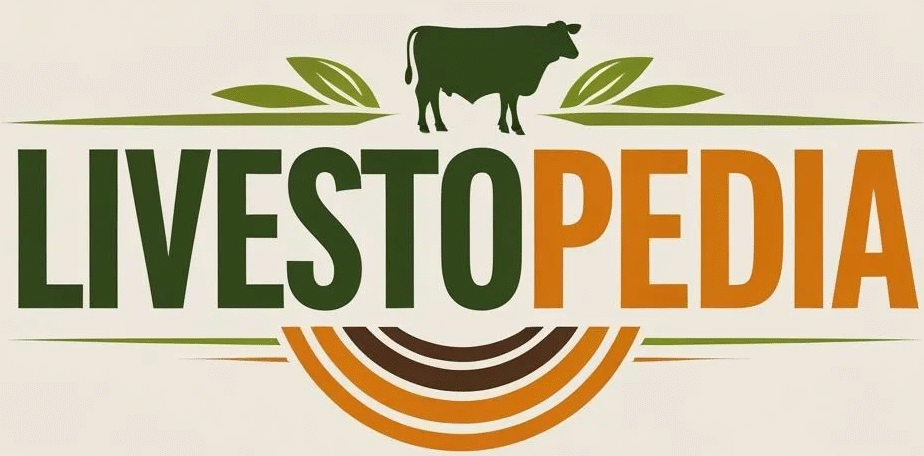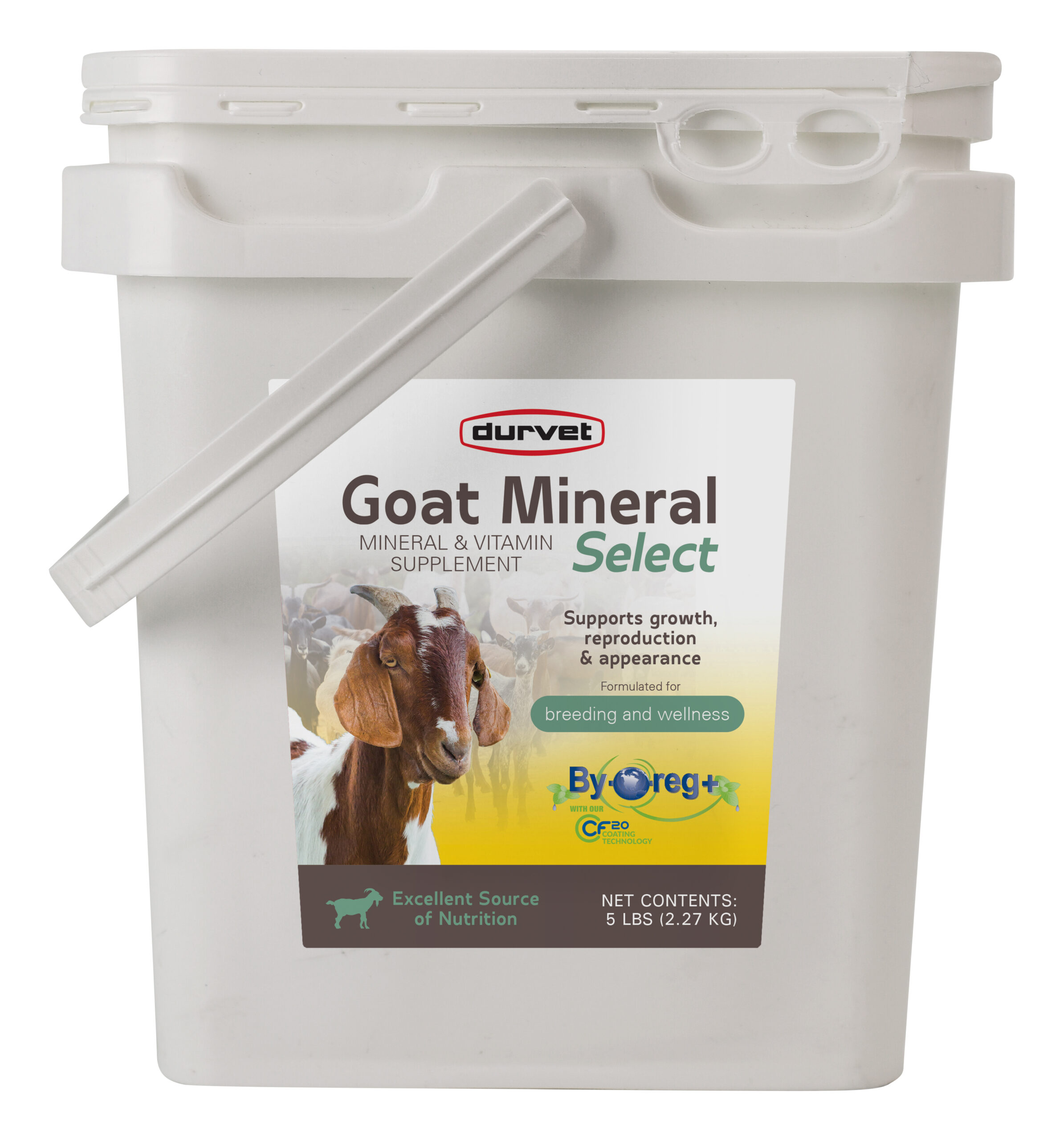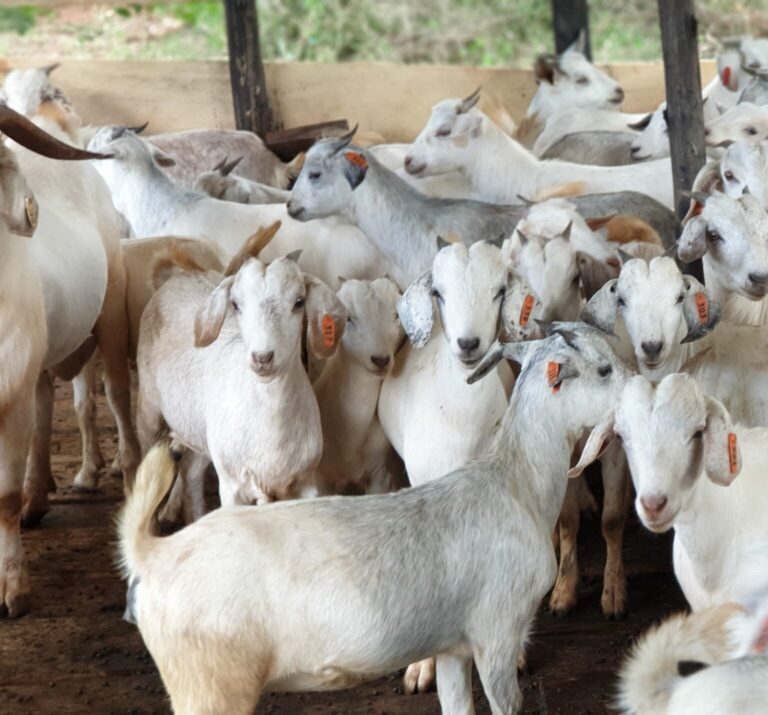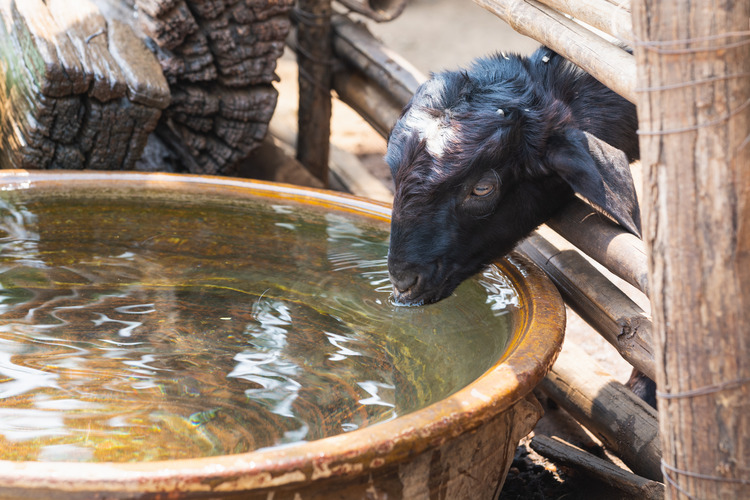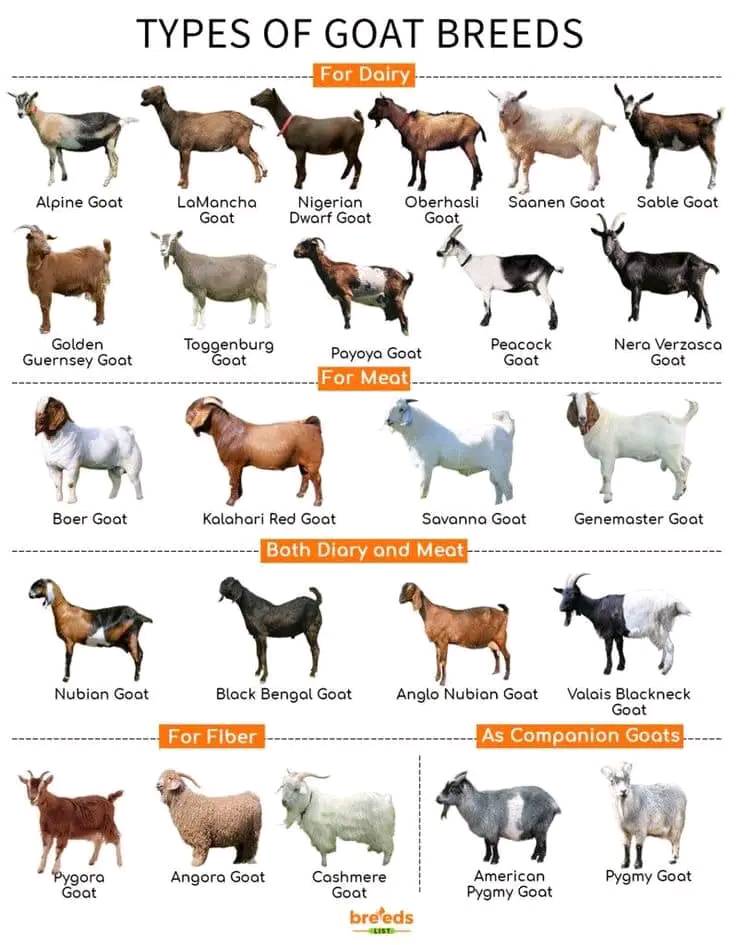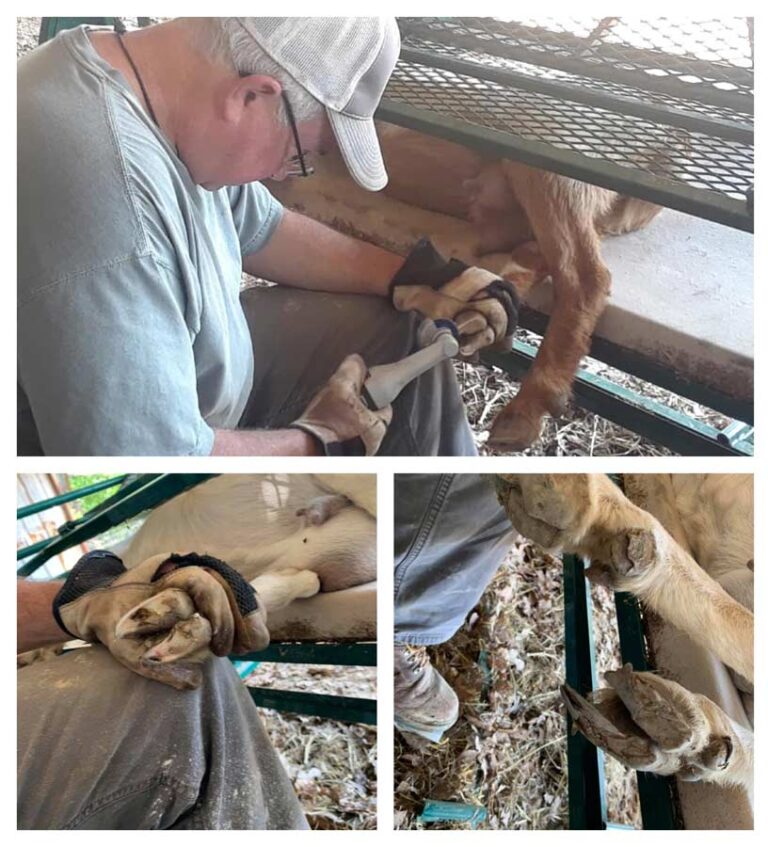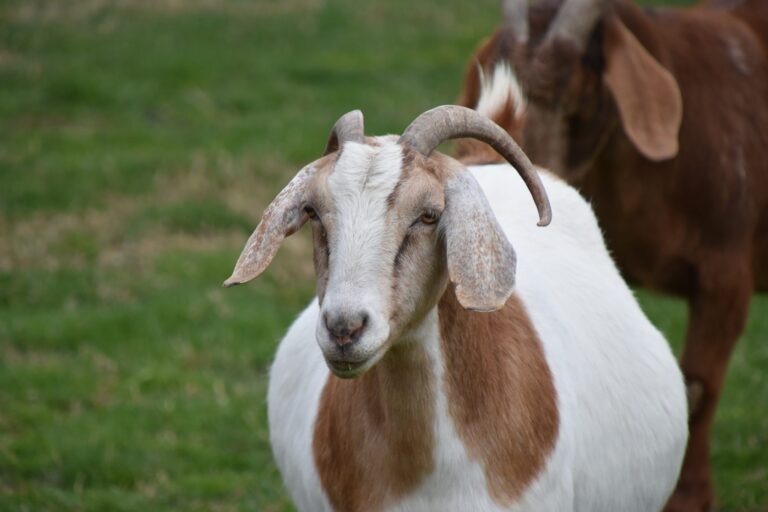Healthy goats aren’t built on hay and grains alone. Even the best pastures and feed formulas fall short if your herd isn’t getting the right minerals and vitamins. These micronutrients may be required in small quantities, but their impact on reproduction, immunity, milk yield, weight gain, and disease resistance is enormous.
This guide outlines the most essential minerals and vitamins for goats, how they function, and how to ensure your animals are getting enough without wasting money or over-supplementing.
Minerals and Vitamins in Goat Farming
Unlike macronutrients like carbohydrates and protein, which provide energy and structure, minerals and vitamins regulate the goat’s internal systems. They support everything from enzyme activity and bone development to hormone production and fertility.
A deficiency, even in just one mineral, can lead to visible health problems, reduced performance, or reproductive failure. Conversely, over-supplementation, especially of minerals like copper or selenium, can be toxic.
Goats get some of these nutrients from forage and grains, but most farms will need to supplement minerals and vitamins, especially in regions with poor soil quality, limited pasture variety, or confined systems.
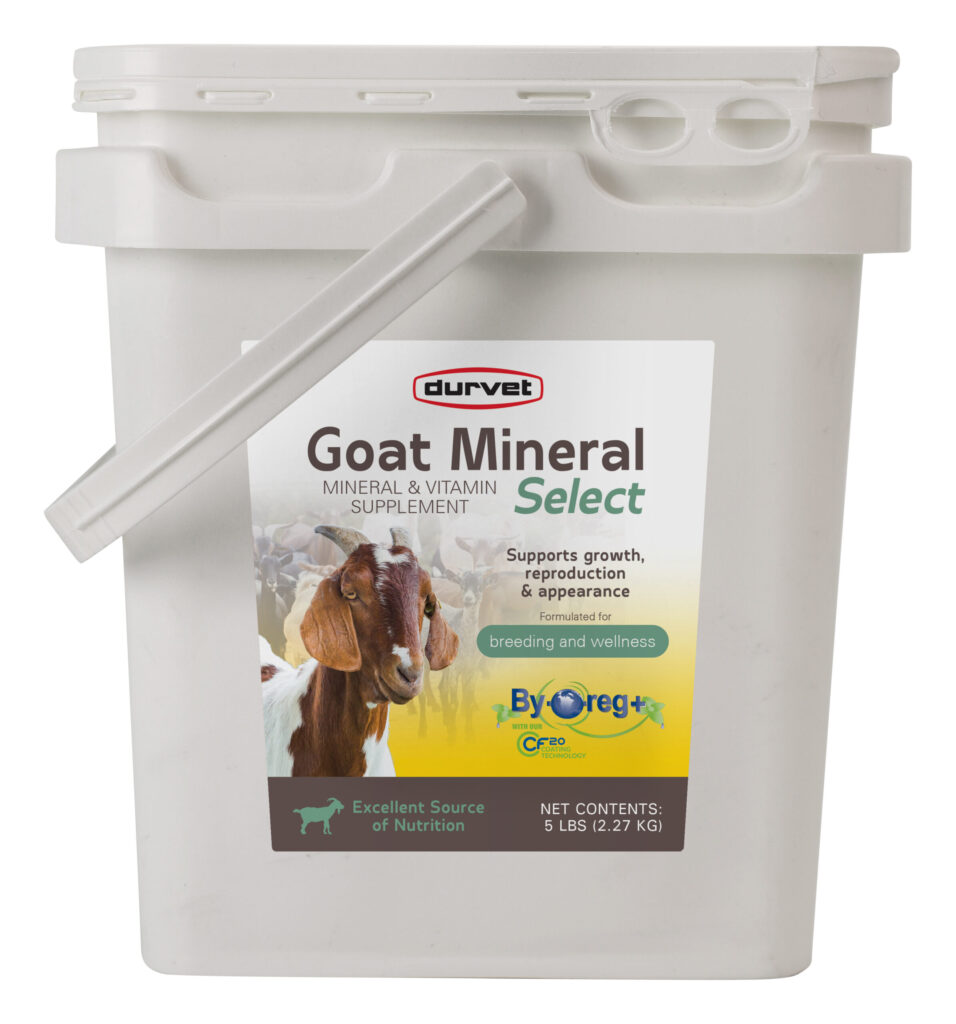
Key Macro-Minerals Goats Need
1. Calcium (Ca): Vital for bone growth, muscle function, and milk production. A lack of calcium leads to weak bones, poor milk yield, and conditions like milk fever in does. Alfalfa hay is naturally high in calcium, but balance with phosphorus is key.
2. Phosphorus (P): Supports bone structure, fertility, and feed conversion. Too much or too little compared to calcium (ideal Ca:P ratio = 2:1) can cause urinary stones in bucks and wethers.
3. Magnesium (Mg): Important for muscle and nerve function. Deficiency causes tremors, stiff gait, or “grass tetany” in spring when goats graze lush pastures low in magnesium.
4. Sodium (Na) and Chloride (Cl): Together form common salt. Needed for fluid balance, nerve transmission, and appetite stimulation. Provide free-choice salt blocks or loose salt in mineral mixes.
5. Potassium (K): Helps with water balance and nerve function. Usually abundant in fresh forage, but may be low in dry hay or during heat stress.
6. Sulfur (S): Essential for wool/hair growth and amino acid synthesis. Deficiency is rare but over-supplementation can interfere with copper absorption.
Essential Trace Minerals (Micronutrients)
1. Copper (Cu): Critical for coat color, bone health, reproduction, and immunity. Signs of deficiency include faded coat, anemia, and stunted growth. But copper can be toxic in excess, especially to sheep if housed nearby. Goats need higher levels than sheep; so always use goat-specific mineral mixes.
2. Selenium (Se): Supports fertility, immunity, and muscle strength. Deficiency can cause white muscle disease, poor growth, or stillbirths. Too much selenium is highly toxic. Supplement via selenium-enriched mineral mix or approved injectables in selenium-deficient areas.
3. Zinc (Zn): Promotes hoof health, skin condition, and testicular development. Deficiency leads to poor hair coat, flaky skin, and weak immunity. Often low in grain-heavy diets.
4. Manganese (Mn): Supports bone growth and reproductive function. Deficiency may lead to joint weakness or abortion in does.
5. Iodine (I): Required for thyroid hormone production. Deficiency may cause goiter (swelling under the neck), infertility, or weak kids at birth. Supplement using iodized salt or kelp.
6. Iron (Fe): Needed for red blood cell formation. Deficiency is rare unless goats have severe parasite loads or blood loss. Provided in most complete mineral mixes.
7. Cobalt (Co): A component of Vitamin B12 synthesis. Deficiency leads to poor appetite, anemia, and weight loss.
Essential Vitamins for Goats
1. Vitamin A: Supports vision, immune function, and reproduction. Goats get Vitamin A from green plants and hay made from leafy forages like alfalfa. Deficiency causes night blindness and reproductive issues.
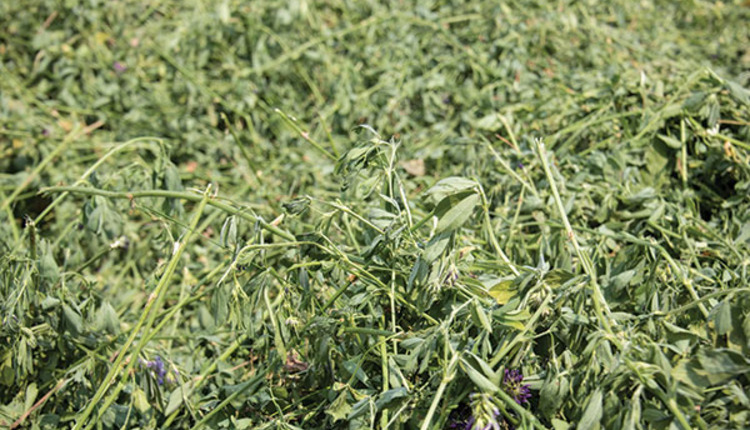
2. Vitamin D: Crucial for calcium absorption and bone strength. Goats synthesize it through sunlight exposure. In winter or indoor housing, deficiency can lead to rickets or weak bones.
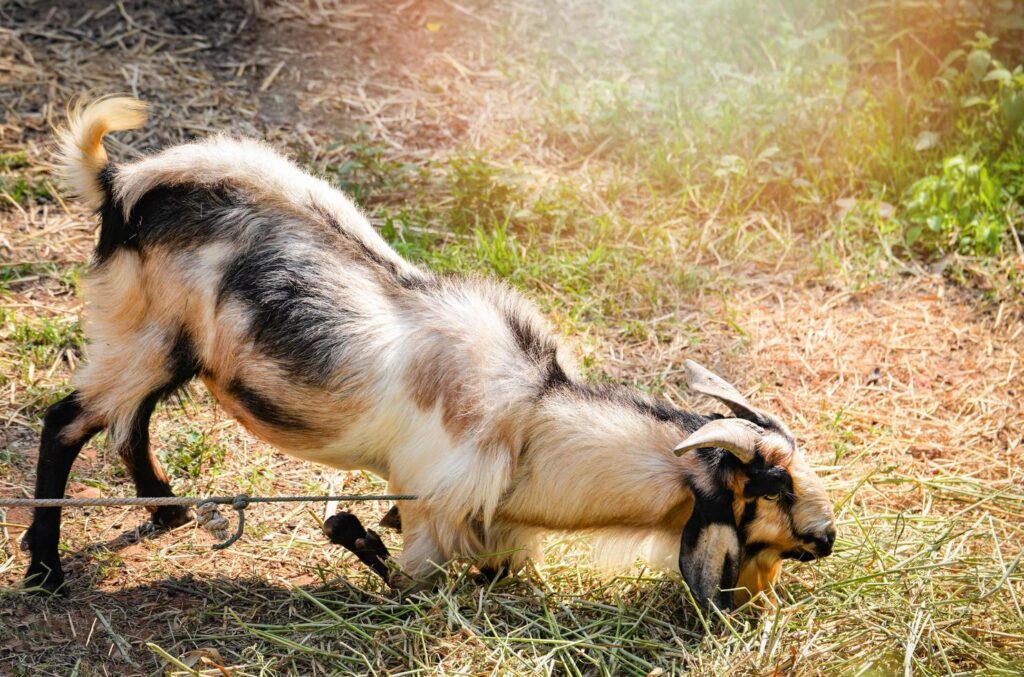
3. Vitamin E: Works with selenium to boost immunity and prevent muscle degeneration. Often low in stored feeds and dry pastures, especially during winter.
4. Vitamin B Complex (B1, B6, B12, etc.): B vitamins are essential for digestion and energy metabolism. Goats usually synthesize them in the rumen, but stress, illness, or poor feeding can cause deficiencies. Thiamine (B1) deficiency causes neurological issues like polioencephalomalacia (goat polio).
5. Vitamin K: Helps in blood clotting and is generally produced by rumen microbes. Rarely deficient unless the goat has digestive issues or is on long-term antibiotics.
How to Provide Minerals and Vitamins on Your Farm
Loose Minerals: These are the most effective and are typically offered in free-choice feeders. Ensure they are specifically labeled for goats and contain copper (unless sheep share the pasture). Replace them every 2–4 weeks to avoid clumping.
Mineral Blocks or Salt Licks: More durable but often less consumed than loose minerals. Look for blocks formulated for goats, as generic salt licks may lack key trace elements.
Top-Dressing or Mixing into Feed: If your goats are on a grain or concentrate ration, you can mix mineral premix into their daily feed for consistent intake.
Injectables or Oral Drenches: Useful in areas with confirmed deficiencies (e.g., selenium-deficient regions in the U.S.) or for treating sick or weak goats. Always follow veterinary guidance for dosages.
Signs Your Goats May Have a Deficiency
- Poor weight gain or growth
- Rough, dull, or patchy hair coats
- Decreased milk production
- Lameness or swollen joints
- Weak kids or abortions
- Faded coat colors (especially in black goats)
- Diarrhea or bloating despite good feed
- Excessive parasite loads or recurring illness
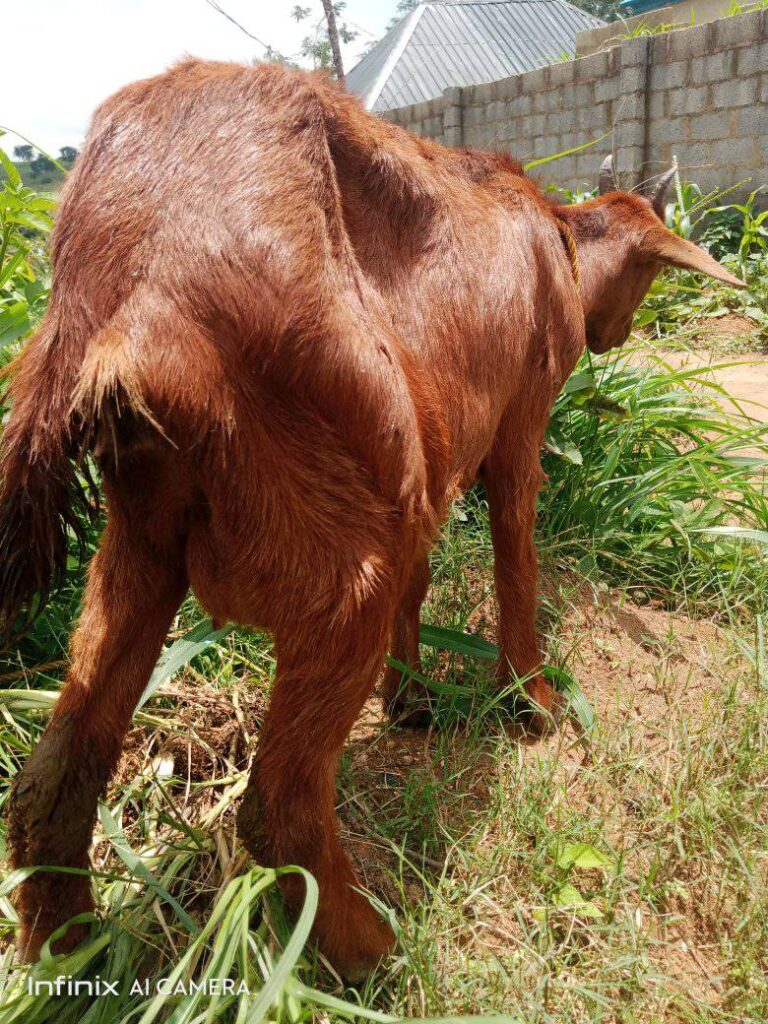
If you notice any of these, assess your mineral program and consult a vet to rule out other conditions.
Wrapping Up
In goat farming, minerals and vitamins aren’t optional; they’re essential. Even if your animals appear healthy, a silent deficiency can limit productivity and profit over time.
Invest in the right mineral supplements, offer them consistently, and tailor your approach based on your feeding system and region.
A well-balanced mineral and vitamin program doesn’t just prevent disease; it boosts fertility, strengthens immunity, and supports long-term herd performance.
Related:
